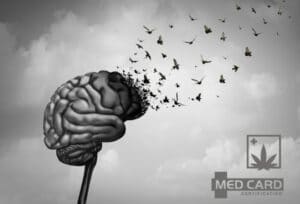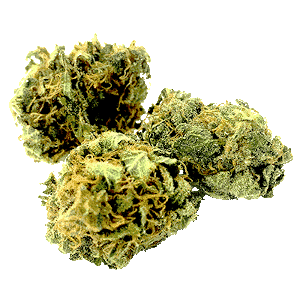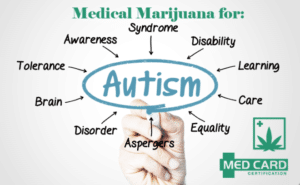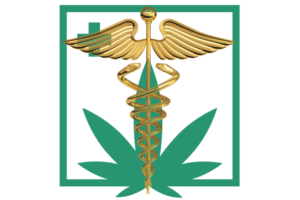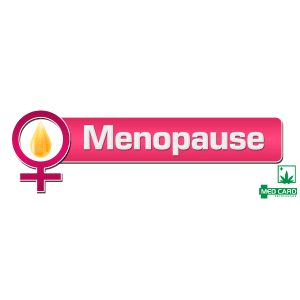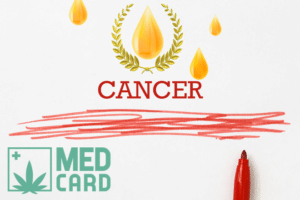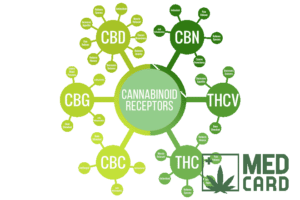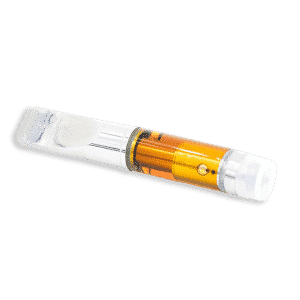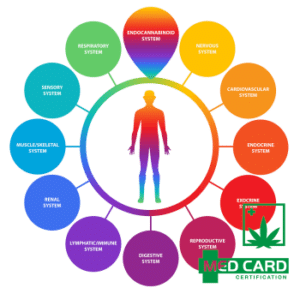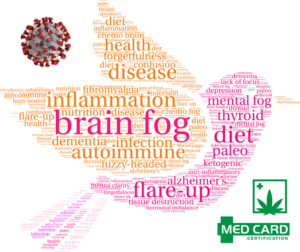A stroke is a medical emergency that requires prompt treatment. This condition often occurs when the supply of blood to part of the brain is interrupted or reduced, thereby depriving the brain tissues of both oxygen and nutrients. Just within a few minutes of a stroke, the brain cells begin to die, thereby causing serious symptoms, lasting disability and even death. Early action is needed in a bid to minimize brain damage and potential complications. Some of the complications caused by stroke include numbness or pain, behavioral changes, speech difficulties, and even paralysis.
There are three different types of strokes which include Transient ischemic attack, ischemic stroke and Hemorrhagic stroke. However, an estimated 87 percent of all cases of stroke are ischemic. Ischemic stroke usually occurs when a blood clot prevents blood from flowing to the brain. Such blood clots are often caused by atherosclerosis, which is the buildup of fatty deposits on the inner lining of the blood vessel. It should be noted that a portion of these fatty deposits could break off, thereby blocking the flow of blood in the brain. The concept of ischemic stroke is actually similar to heart attack, where a blood clot blocks the flow of blood to a portion of the heart. The different types of strokes are known to cause similar symptoms since each affects the flow of blood to the brain.
Some of the common symptoms of stroke include troubles with speaking and understanding, paralysis or numbness of the face, arm or leg, troubles with seeing in one or both eyes, headaches and even troubles with walking. Some factors can increase your risk of developing stroke and some of such factors include being overweight, heavy or binge drinking, physical inactivity as well as the use of illicit drugs such as cocaine and methamphetamine’s. Medical conditions such as high blood pressure, high cholesterol, diabetes, cardiovascular diseases, and obstructive sleep apnea can also result in stroke.
The treatment of stroke depends on the type and the common options include intravenous injection of tissue plasminogen activator, medications delivered directly to the brain, removing the clot with a stent retriever, as well as other procedures like carotid endarterectomy and angioplasty and stents.
Both scientific and anecdotal evidences have also revealed that CBD, one of the major powerful compounds in medical marijuana could be effective in the treatment of stroke. The findings from a study that was conducted in the Cardiology Department, of Hadassah Hebrew University Medical Center has buttressed this claim. It is worthy to note that this study was conducted on animals and the results revealed that lesion size was reduced by up to 60 percent in the group of animals that were administered CBD.
The findings from another study that was conducted in 2005 revealed that CBD may be superior to other cannabidiols when it comes to dealing with brain damage caused by stroke. During this study, the researchers tested mice and concluded that cannabidiol reduced the infarct volume.
According to another study that was conducted in 2007, CBD was reported to have stronger neuroprotective effects than THC. Of course, such findings have also given more promise when it comes to using CBD to treat stroke since stroke is a neurological disorder.
It is apparent that most of the studies that have been conducted on the effectiveness of CBD in treating stroke are animal based. Therefore, there is a need for researchers to undergo more studies on humans through which they can come up with concrete information on how CBD can actually help people suffering from stroke.
Sources
How To Get CBD (Cannabidiol) Products
If you are interested in trying CBD to treat medical conditions, for general wellness, or for your pets, checkout CBDbay.app


